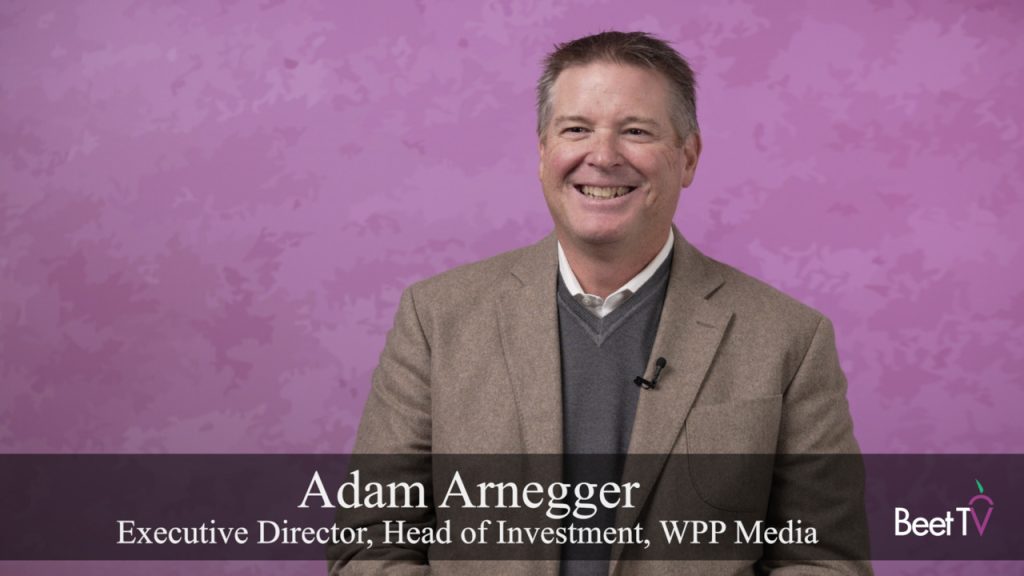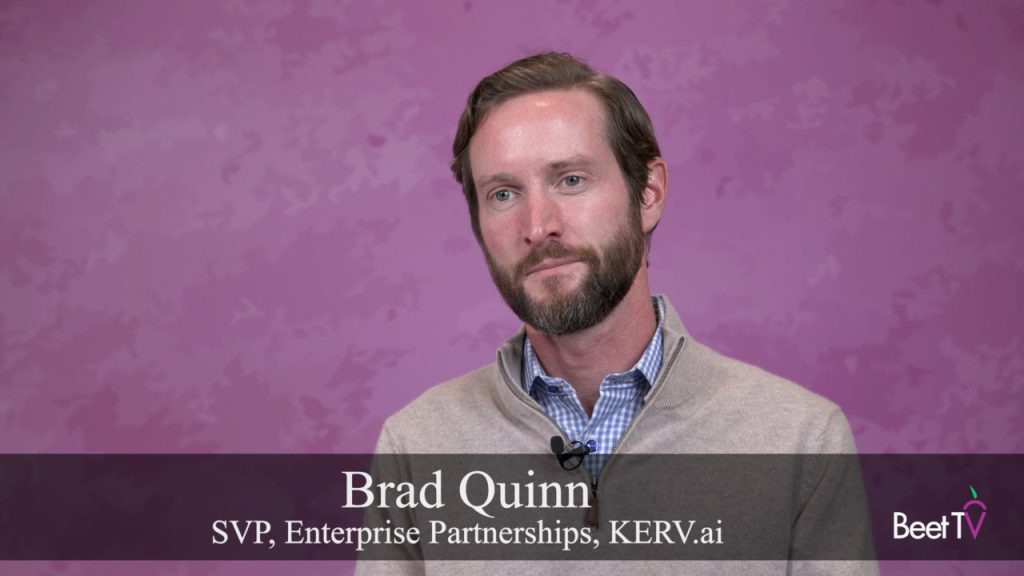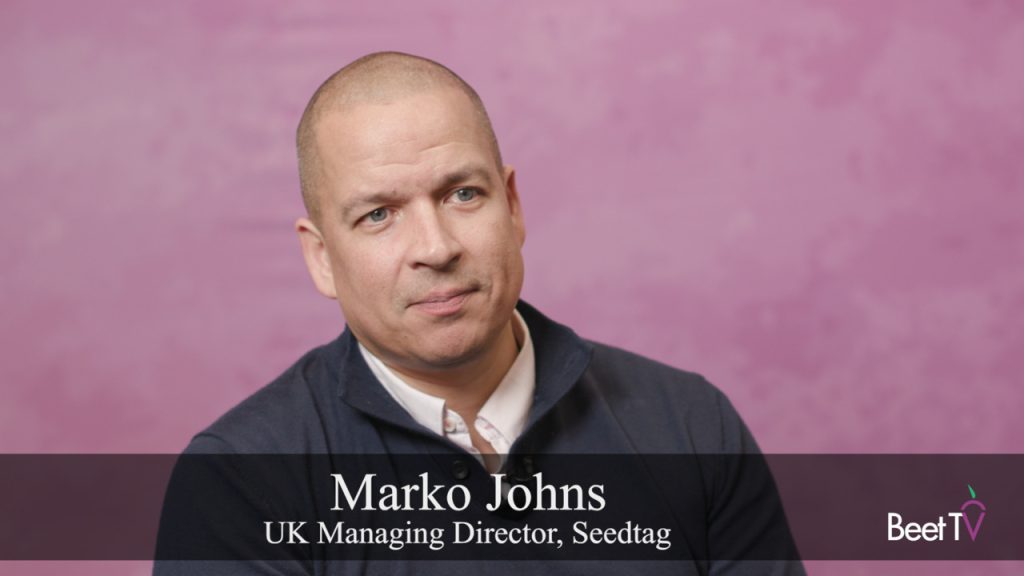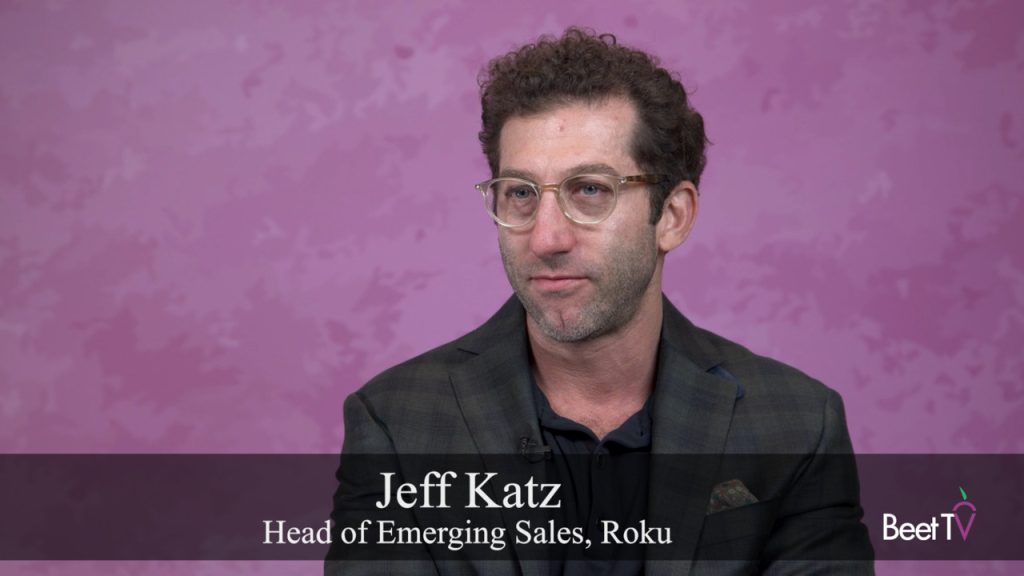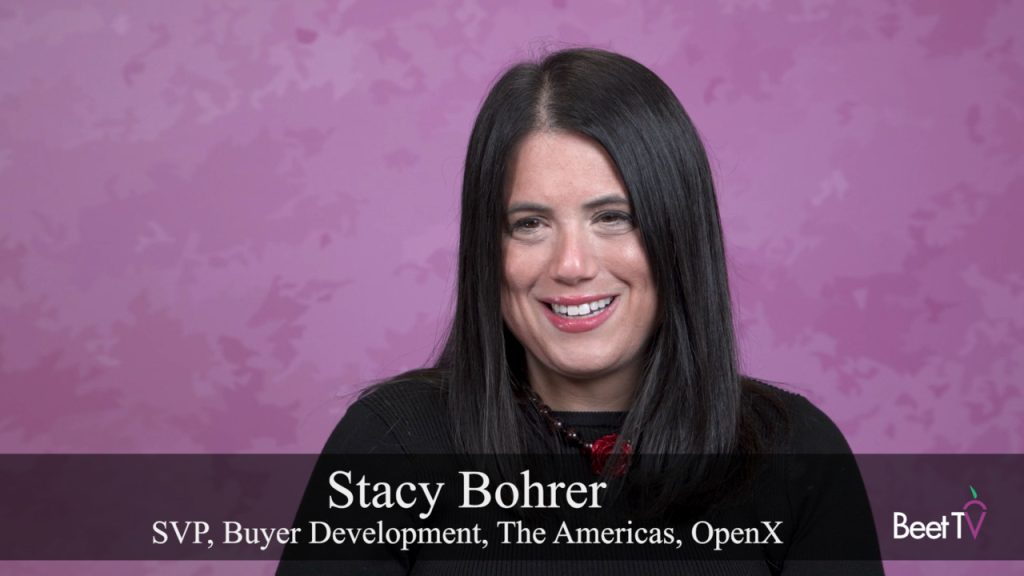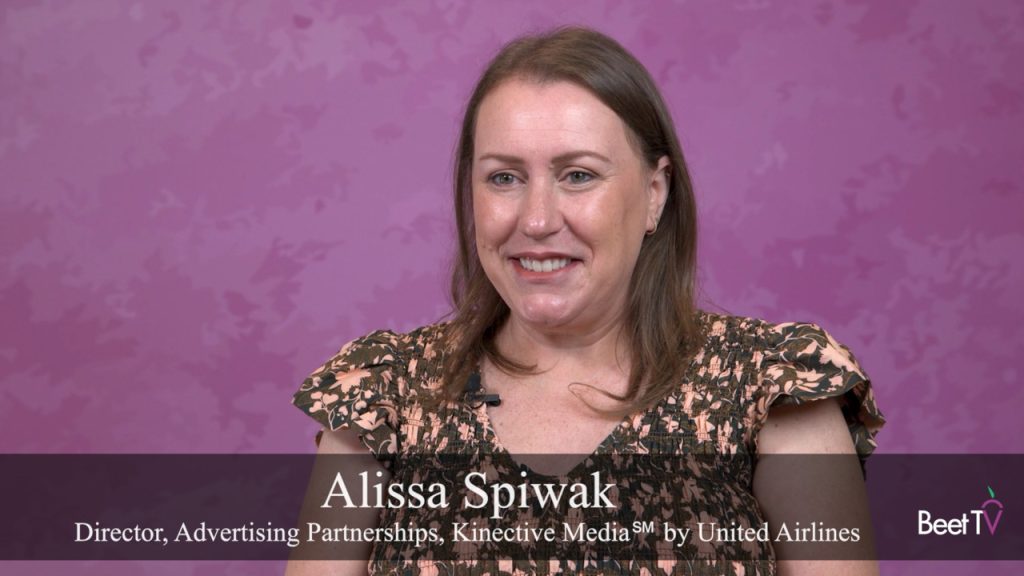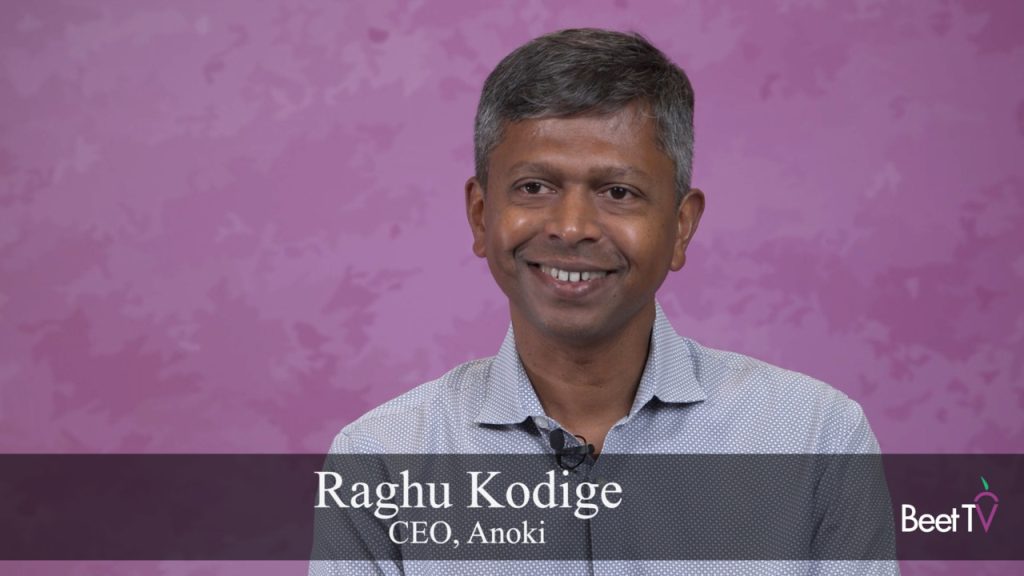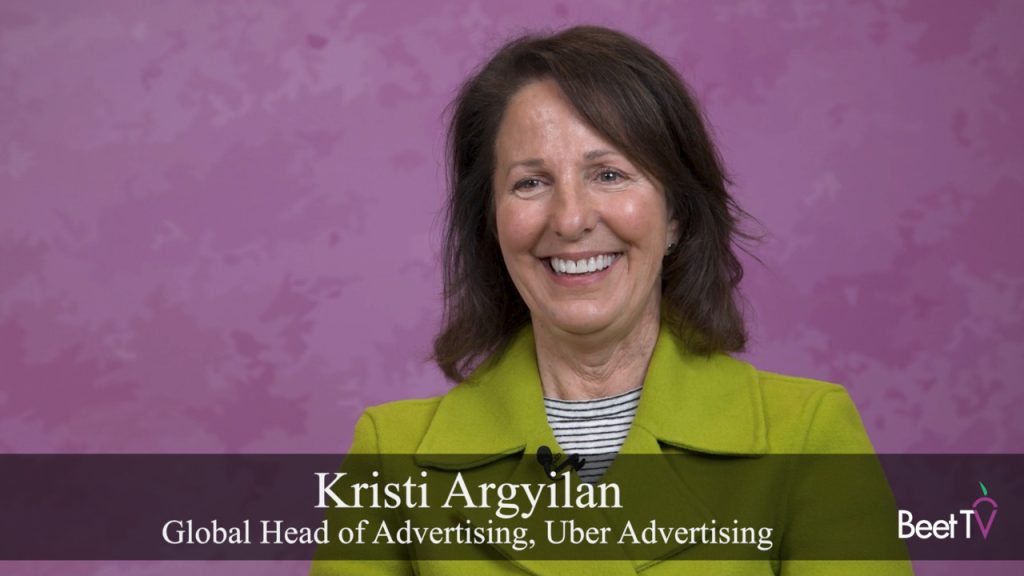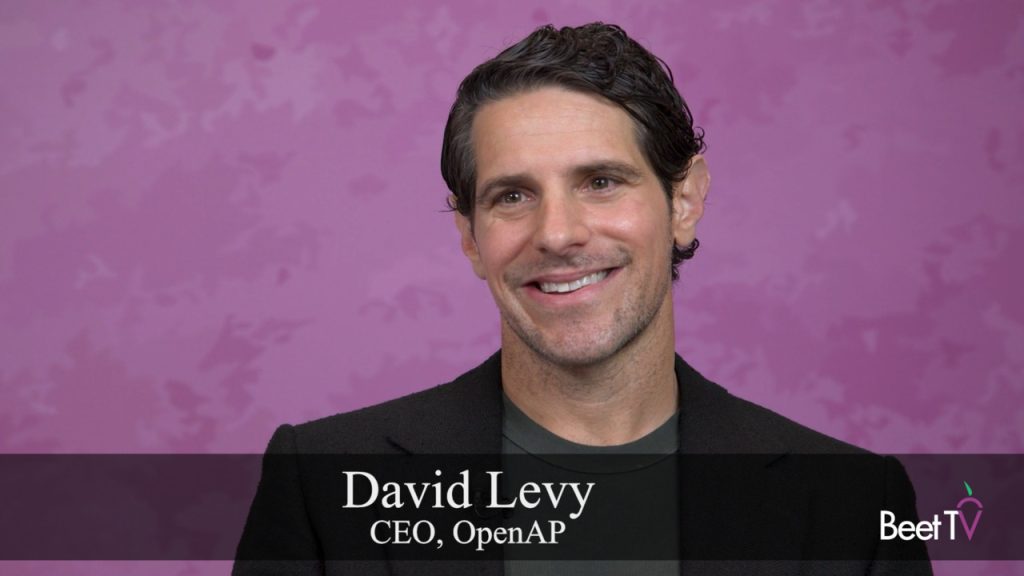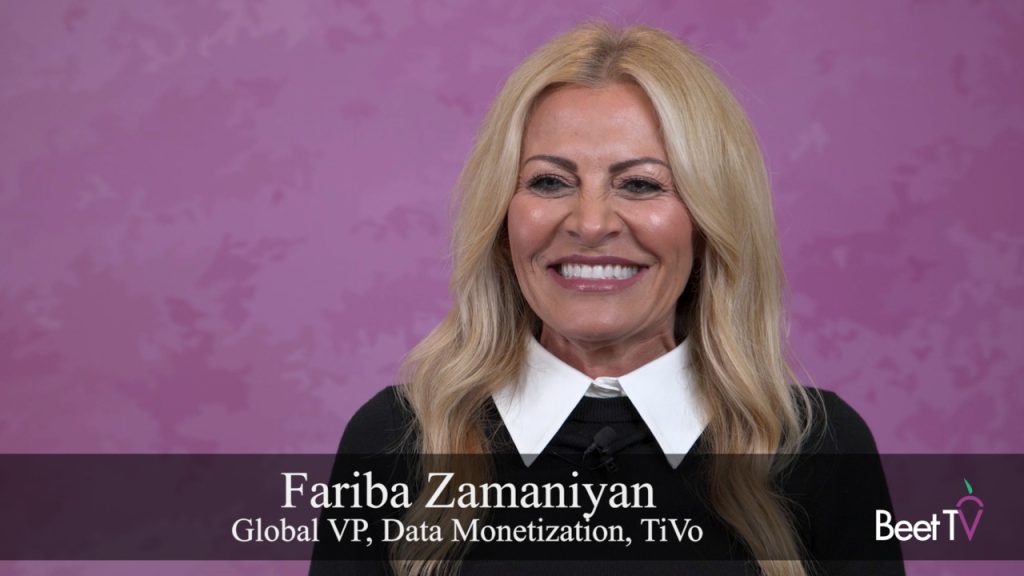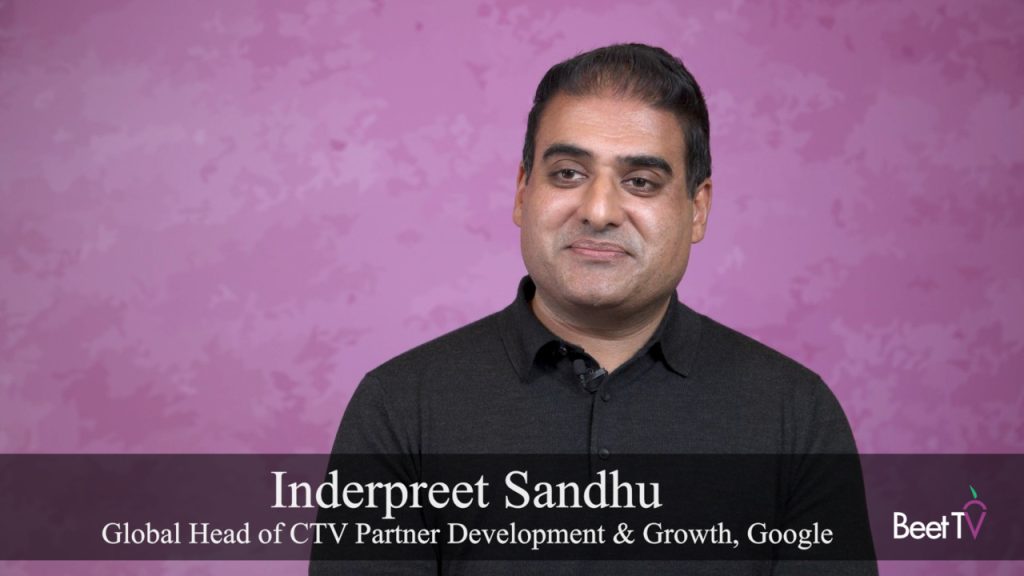Steven R. Swartz isn’t the only business reporter to make it big on the business side of reporting. Sequoia venture capitalist Michael Moritz wrote for Time magazine before making tech investments, for example. But he is one of the few to have risen to the very top of the company he has worked in for so long.
Swartz began his career in 1984 as a reporter with The Wall Street Journal after graduating from Harvard. Then he served as an editor on the Journal’s Page One staff from 1989 to 1991.
“Like a lot of folks of my generation, I went in through journalism,” he tells Beet.TV in this video interview. “I was influenced by my fascination with the Watergate case. It led me to think that being a journalist is something that has great social responsibility.”
But Swartz’ executive career got started when, in 1995, he was named president and CEO of SmartMoney, a magazine venture Hearst and the Journal launched four years earlier with Swartz as founding editor.
He went on to be EVP and then president of Hearst Newspapers, before being named president and CEO of Hearst in its entirety in June 2013. That puts Swartz in charge of a multi-media empire. But his position is one he credits with following his early passion.
“Doing things you’re passionate about really works,” he says. “I got my start as a newspaper reporter – it’s because that’s what I was most interested in. That led to so many other things.
“How does one lead to another? When I was getting out of college, being a reporter was what I was most excited about. I did it, I loved it and it’s worked out.”
For a time, it didn’t look like it would. Swartz ran Hearst Newspapers during the economic turmoil of 2008 to 2010, when papers suffered a battering as advertisers pulled back on funding. In 2009, Hearst turned its Seattle Post-Intelligencer web-only.
But Swartz says it was a challenge the company rode out.
“We did a lot of intelligent cost-cutting that did not involve taking journalists off or cutting the quality of the newsprint,” he recalls. “We focused on our culture and people, making sure we supported each other through difficult times.”
Now those changes have been made, the overall industry has stabilized to flat fortunes or more muted declines, with Swartz says Hearst’s papers have shown profit for four straight years.
As the media landscape swirls around us, Hearst is making bets on a digital future not just by reinventing its own properties but also by investing in targets like Vice Media, BuzzFeed and AwesomenessTV. Latest rumors are that the company is working on a special ecommerce project with Snapchat.
Swartz was interviewed for Beet.TV by David J. Moore, chairman of Xaxis and president of WPP Digital. The taping took place in New York. This is part of Beet.TV series title the Media Revolutionaries. The series is sponsored by Xaxis and Microsoft.






